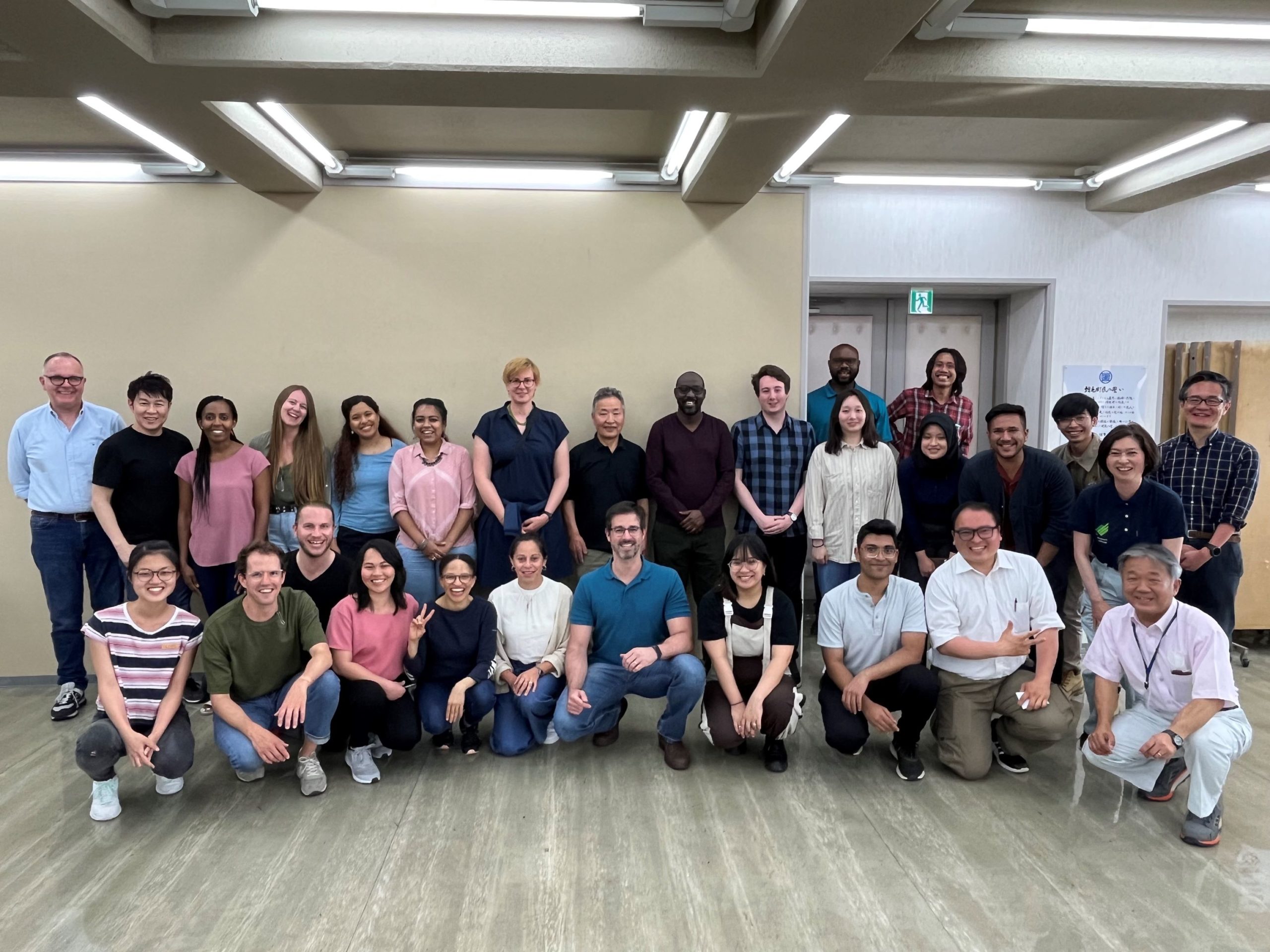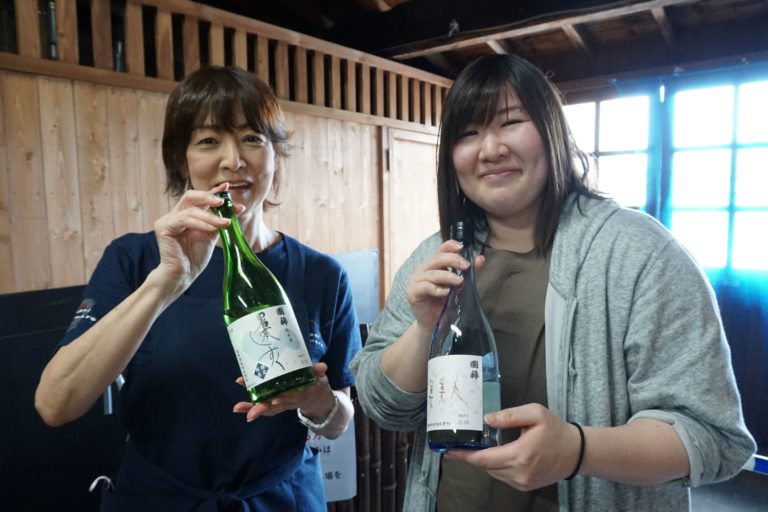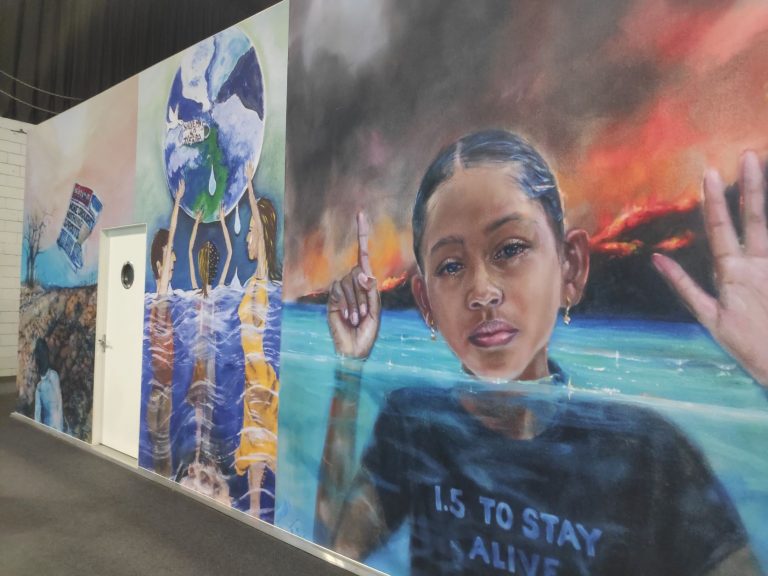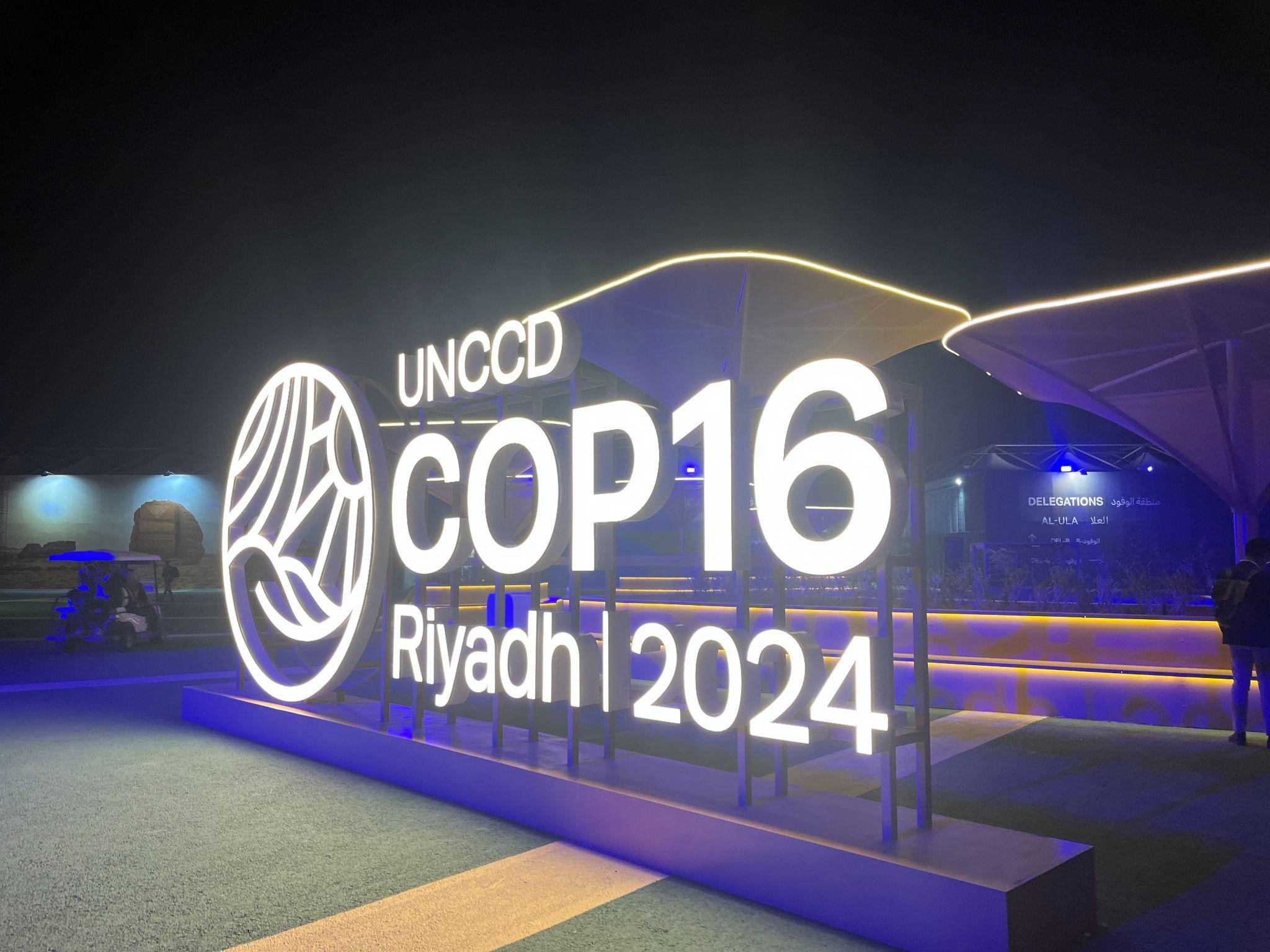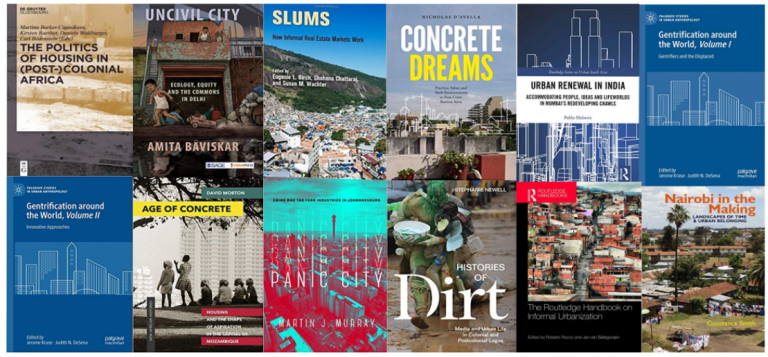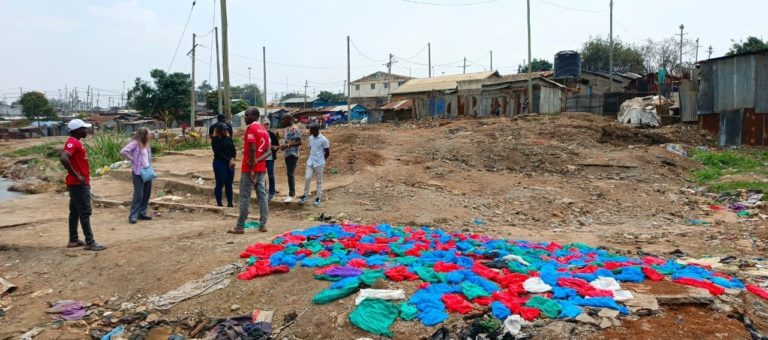Japan-BLOG. What we take with us and will remain from Mashike (Day 5-6)
BLOG 5-6. June 23-24, 2023. Returning to and wrapping up in Tokyo.
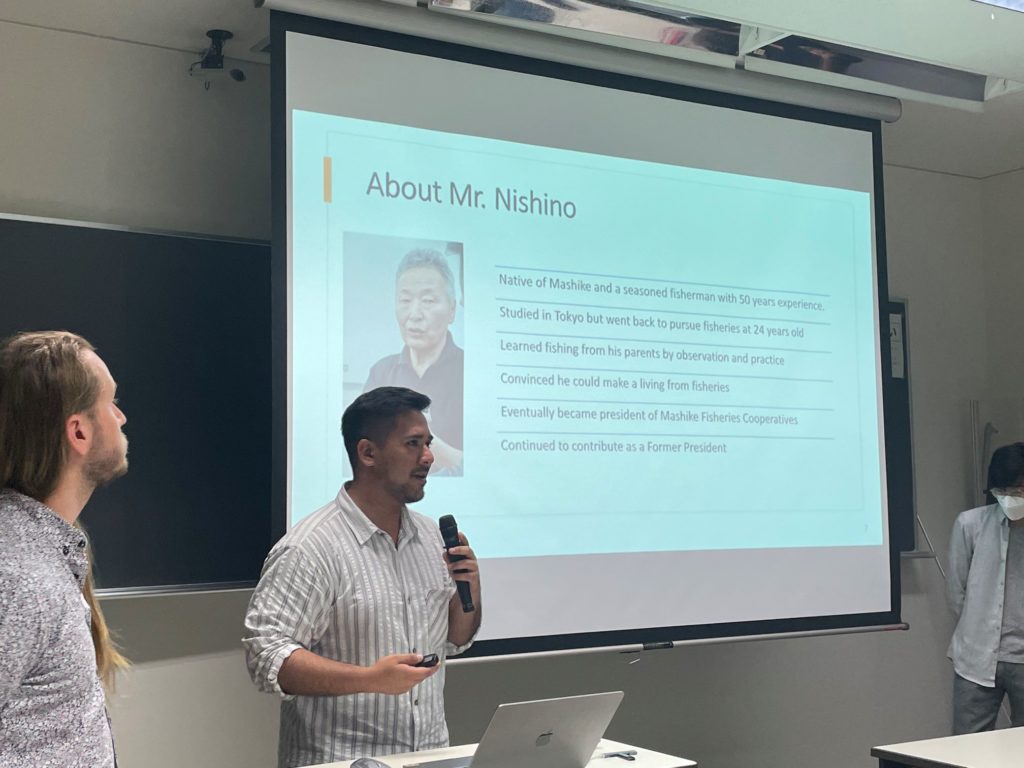
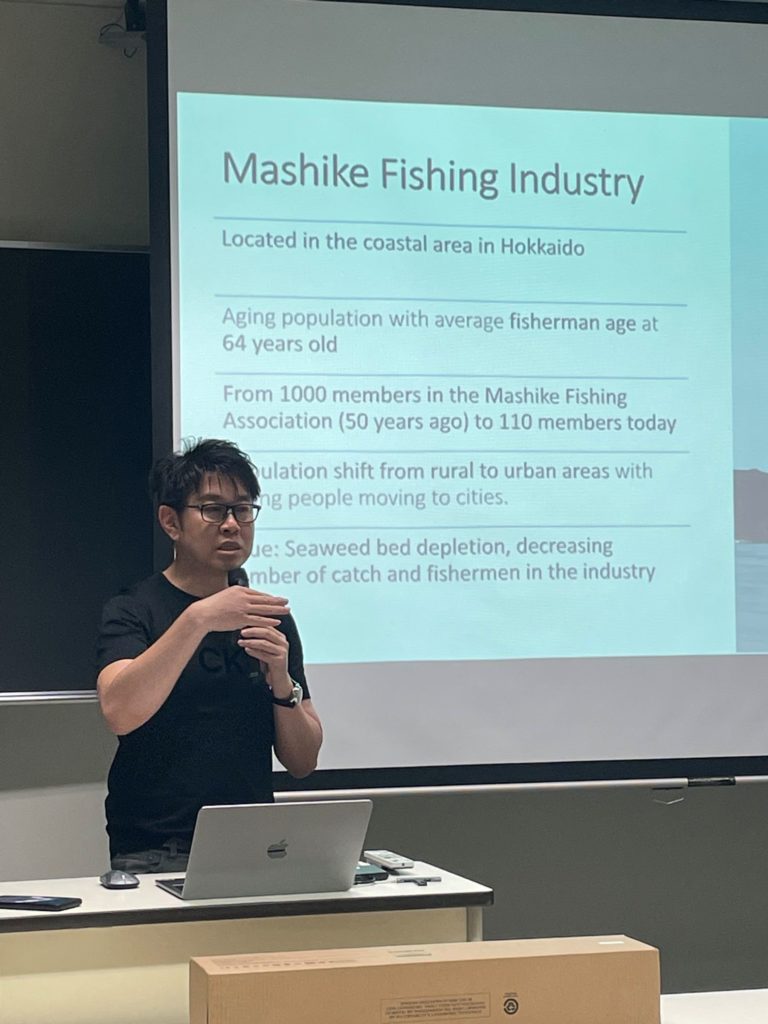
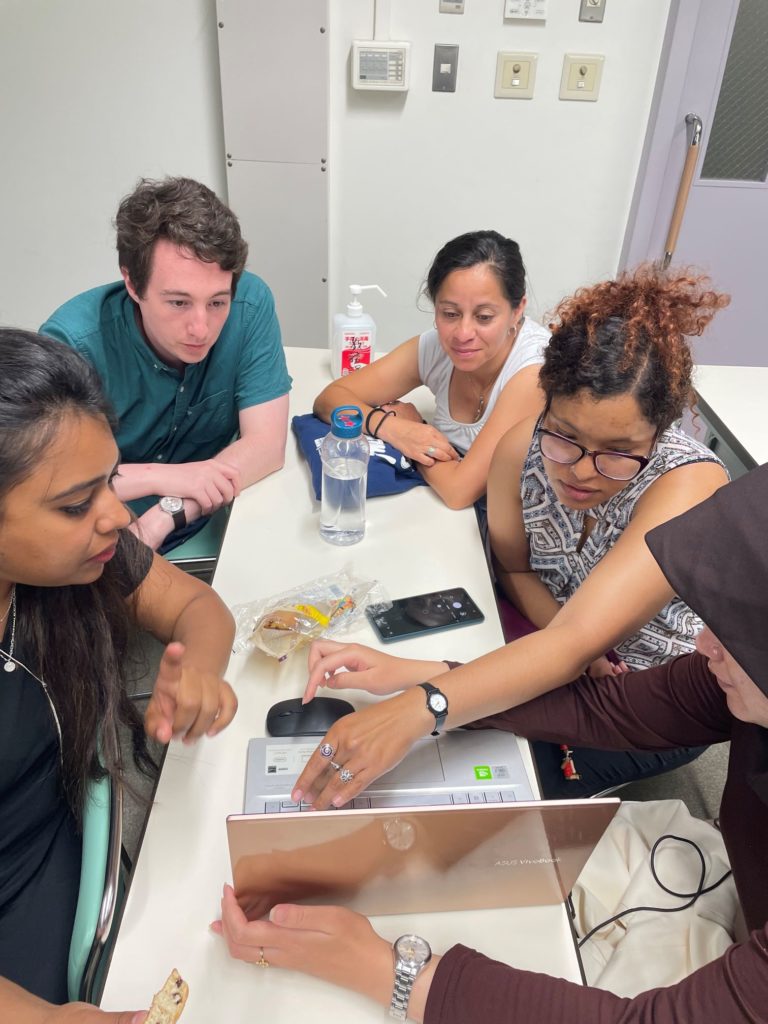
The faculty and students of ZEF (University of Bonn), IPADS and GSSP-GLI (both institutes are part of the University of Tokyo, more info below*) participating in this excursion together represented 17 nationalities. As our excursion in Japan draws to a close, we gathered some reflections and impressions to describe our overall experience, in particular what we found surprising. While the electric buzz, cleanliness and phenomenal organization of Tokyo impressed all the international visitors, it were the impressions of our time in Mashike, Hokkaido, that will stay with us and the local students for the days and months to come.
Field research in Mashike was everybody’s absolute highlight
For many of us, it was the first experience of a field visit and as Fai (IPADS) from Indonesia said, “it was better than expected”. He found the passion and sincerity with which the residents of Mashike were collectively working towards their goals around the seabed restoration noteworthy. Sakshi, Gretchen (ZEF) and Georgie (IPADS), echoes this sentiment. Georgie shared that the field visit and engagement with stakeholders has inspired her to look beyond the databases in her work. So perhaps she will now actively seek out opportunities to include such engagements in her own research.
Like for many of us, the absolute highlight of Georgie’s experience was the seafood in Mashike! Skeptical about eating oysters before, she was literally “chugging” them during our barbeque, she said, because they were so fresh. She was impressed by how many different kinds of seafood the community had available and were sharing so generously with us. Despite the problems they face, given the aging and declining numbers of fishermen, she felt that the community was very much self-sustaining and supportive of each other. Chris (GPSS-GLI), was surprised by how community-driven the residents were and how well all the agents within the seabed restoration projects were co-operating.
“We brought the world to Mashike, we take Mashike to the world”
Chris, student in GPSS-GLI program at University of Tokyo
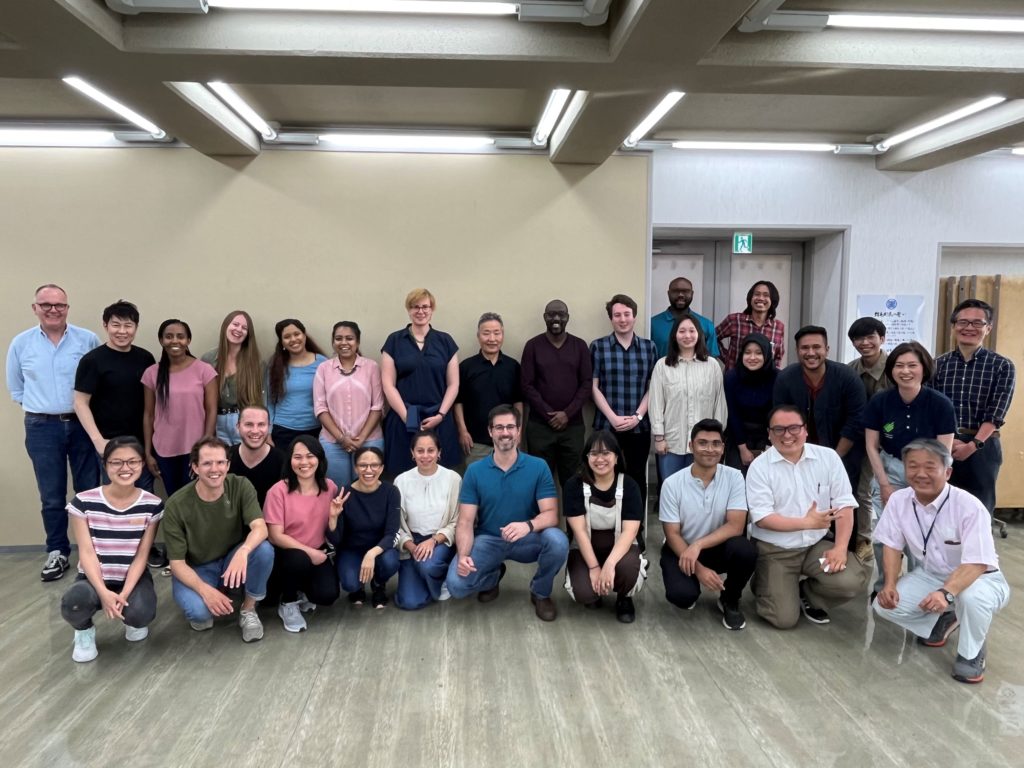
Challenges and opportunities ahead
Also, Prof. Borgemeister appreciated the sense of community in Japan, especially in Mashike. He feels Germany can definitely learn some things from what he describes as a solid social fabric and an understanding of how essential co-operation is for achieving common objectives, for example how the fishermen collectively secure their livelihoods. He describes the close encounter with the demographic challenges [aging population, ed.] that Japan, like Germany, is facing, as visceral. This leaves us with the complex question how these two economies will sustain their business models?
And so as the sun sets in Tokyo and we share our final dinner together, faculty and students shared their appreciation for this experiences. Promises of return and further encounters in the future are made and exchanged.
*The Global Leadership Initiative (GPSS-GLI) belongs to the Division of Environmental Studies at the Graduate School of Frontier Sciences of the University of Tokyo. A delegation of GPSS-GLI and IPADS (International Program in Agricultural Development Studies) students was joining the ZEF-research trip to Hokkaido.
Text by: Anni Beukes and Qambemeda Nyanghura
Photos by: Max Voit
ZEF researchers blogged about their research excursion to Japan (June 17-25, 2023). Find general info and excursion’s program on our website here.
